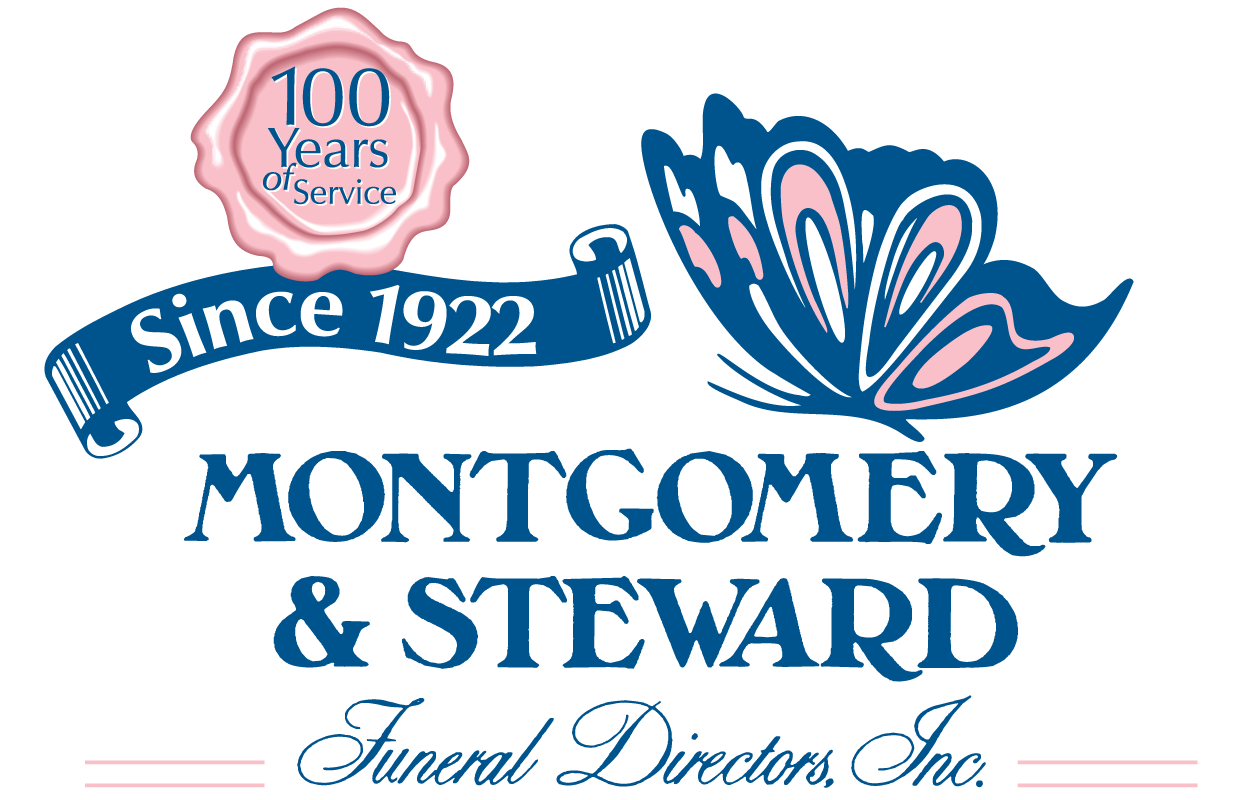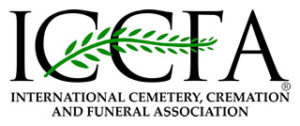Non-religious funerals provide an alternative to traditional religious ceremonies, allowing families and friends to celebrate the life of a loved one in a way that reflects their personal beliefs and values. In this blog, we will explore what non-religious funerals entail, their significance, and how they can be personalized to honor the deceased uniquely.
Understanding Non-Religious Funerals
Non-religious funerals are ceremonies that honor a person’s life without integrating specific religious beliefs or practices. These services provide a platform that focuses on the individual’s life and the memories shared with family and friends.
Unlike traditional funerals, which typically include prayers or scripture readings, non-religious funerals allow for a broader expression of mourning. This flexibility gives bereaved families the opportunity to curate a ceremony aligned with their unique beliefs.
In many cases, non-religious funerals incorporate themes that were significant to the deceased. This could mean celebrating their hobbies, passions, or personal philosophies through music, speeches, and visual displays.
Non-religious funerals can also range in style from somber gatherings to joyful celebrations of life. The emphasis is placed on creating a fitting tribute that resonates with the deceased’s personality and their loved ones.
Key Elements of Non-Religious Funerals
One of the key elements of non-religious funerals is personalization. Families can choose specific readings, music, and speakers that reflect the decedent’s best qualities or significant life events. This custom approach can be profoundly healing in the grieving process.
Another essential element is the setting. Non-religious funerals can be held in various locations. Whether in a park, a funeral home, or even at the deceased’s favorite café, the location plays a vital role in setting the tone.
Incorporating meaningful rituals is also a significant factor. Families might choose to light candles, plant a tree, or share stories that illustrate the impact the deceased had on their lives.
Additionally, visuals can enhance the ceremony. Photo displays, videos, and memory walls allow attendees to engage with the departed’s legacy, celebrating specific moments that encapsulated their spirit.
How to Personalize a Non-Religious Funeral
Personalization is at the heart of non-religious funerals. Families can weave in unique elements that speak to the essence of their loved one. For instance, a playlist featuring the deceased’s favorite songs or artists can evoke fond memories.
Another way to personalize the experience is through storytelling. Loved ones can share anecdotes that exemplify the character of the deceased, allowing everyone to reminisce and laugh together in remembrance.
You can also imbed traditional rituals that honor the person’s life. These can be secular, such as sharing a toast or placing a favorite item in a special location, creating a unique memory.
Moreover, using visual elements, like a curated photo album, or art that represents the deceased’s personality helps guests feel connected. This visual representation serves as a tangible interaction with memories.
Common Practices in Non-Religious Funerals
Common practices in non-religious funerals often involve a shared gathering, where attendees can express their thoughts and emotions openly. This supportive environment facilitates healing through connection.
Typically, there’s an informal sharing session where friends and family are encouraged to speak. This can create a meaningful dialogue and strengthen bonds during a difficult time.
Additionally, non-religious funerals may incorporate readings or poems that resonate with the deceased’s life journey. These can bring comfort while providing a moment of reflection for attendees.
Many choose to include a lively reception post-ceremony, embracing laughter and joy in remembrance of their loved one. This can help foster a communal spirit of support and unity among those grieving.
Benefits of Choosing a Non-Religious Funeral
Choosing a non-religious funeral has numerous benefits. One significant advantage is the flexibility it provides. Families are free to create a service that caters to their unique needs and cultural backgrounds.
Another benefit is the opportunity for healing. Non-religious funerals often encourage open expression, allowing mourners to process their feelings more freely without the constraints of traditional practices.
Moreover, non-religious funerals can be more inclusive. They cater to individuals from various backgrounds, allowing friends and family of differing beliefs to come together in support of the deceased.
Ultimately, opting for a non-religious funeral empowers families to make meaningful choices. It gives them the autonomy to craft an experience that truly embodies the legacy of their loved one.
Final Thoughts
Non-religious funerals offer a meaningful way to commemorate a life without the structure of religious rituals. They provide the flexibility to incorporate personal elements that resonate with the deceased’s personality and the preferences of their loved ones. By understanding what non-religious funerals are and how they can be tailored, families can create a tribute that truly reflects the essence of their loved one.







